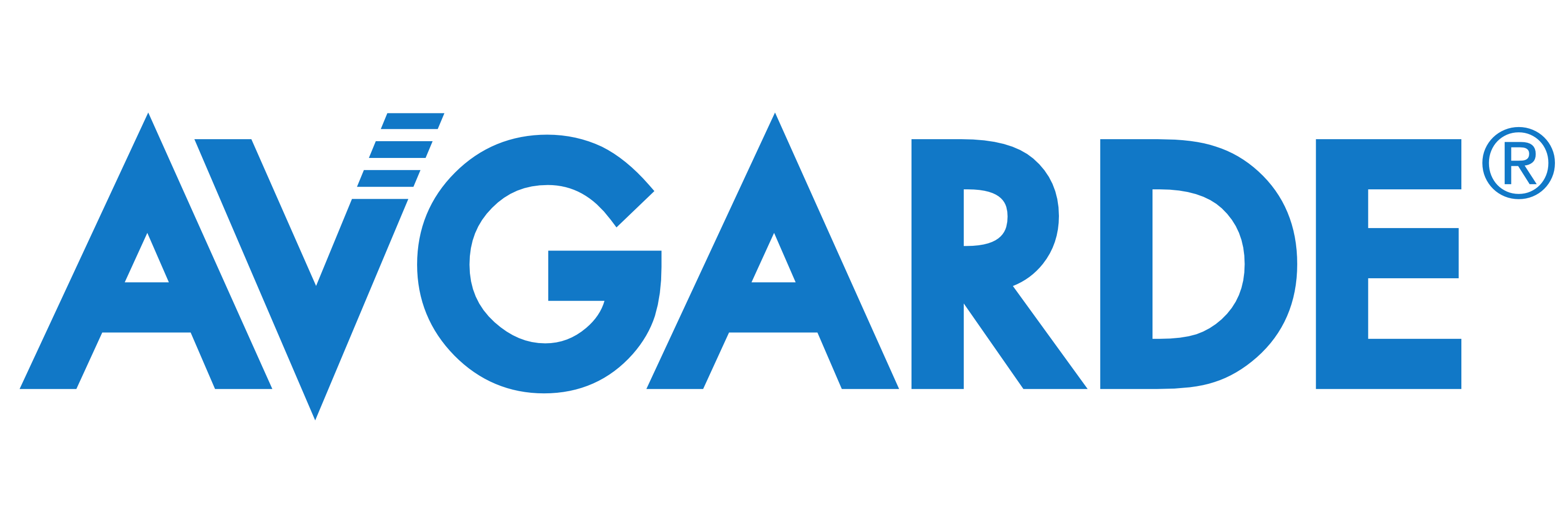Businesses and individuals are switching to electric vehicles in ever-increasing numbers. Latest figures show there were more than 1 million fully electric cars registered in the UK in February 2024 on top of a further 56,000 electric vans and 620,000 plug-in hybrids.
Now, with a government ban on the sale of all new petrol and diesel cars due to come into force in 2035, more and more businesses and employees will be trading in their polluting fossil-fuel company vehicles for a zero-emissions electric model.
From salary sacrifice schemes to tax benefits, business car insurance specialists, Keith Michaels has weighed up the advantages and disadvantages of driving an electric company vehicle in 2024 and explained what this means for employers and benefit in kind (BiK).
The Pros of EV Company Cars
Owning a company car was once a tax-efficient benefit designed to stimulate the UK car market. That benefit soon became diluted as governments clamped down on benefit-in-kind rules, making company cars less desirable for businesses and employees alike.
The rise in electric cars changed attitudes again thanks to attractive benefit rates for employees and tax deductions for employers aimed at encouraging uptake in EVs, reducing carbon emissions, and helping the government meet its Net Zero target.
With electric vehicle technology constantly improving, it’s no surprise that businesses are now choosing EVs over standard motor options. Not only is this good news for the environment but there’s less maintenance and lower running costs with electric vehicles compared to those powered by combustion engines.
The advantages of EV company cars for both businesses and employees in 2024 include:
Emission-based tax benefits
Businesses may offer employee salary sacrifice schemes in return for an electric company car with zero emissions as it delivers substantial savings through tax benefits. Instead of calculating emissions, tax rates are fixed for all electric company cars, so businesses won’t pay Class 1 National Insurance contributions on the salary given up, but 1A National Insurance on the lower amount of benefit in kind instead.
Unlike other so-called benefits in kind such as mobile phones or health insurance, income tax charges for electric cars aren’t based on foregone wages, but rather a percentage of the car’s list price as defined by HMRC. For fully electric vehicles, the rate is 2% until 2024/25 rising by a further 1% each year until 2027/28 when it will freeze at 5% which remains substantially less than the taxable value of a petrol or diesel car.
VAT savings
Another tax benefit of electric company cars is that employers can recover any VAT incurred for employees who charge vehicles at work or at public charge points. At present, HMRC states that this doesn’t apply to employees who charge their company EV at home, and they are not entitled to recoup any VAT for business use.
Purchase price discounts
Employees who enter an EV salary sacrifice scheme in the workplace can take advantage of potential discounts on the purchase price compared to buying the car outright. Most dealers and manufacturers are crying out for guaranteed buyers for their electric fleets and are likely to entice new customers with significant cost savings and attractive packages.
Zero congestion charges
Any employee driving an electric company car will be exempt from paying congestion charges in the UK where they apply. Similarly, company EV drivers don’t have to pay Clean Air Zone charges which are currently in force in Birmingham, Bristol, Aberdeen, Dundee, Edinburgh, and Glasgow and will soon roll out across other towns and cities. Company EVs are also exempt from London’s ULEZ charges which currently stand at £12.50 per day for vehicles that don’t meet the strict emissions criteria.
The Cons of EV Company Cars
Electric company cars provide many benefits for businesses and employees, but there are also disadvantages to consider. From a reduction in take-home salary to limited vehicle options, the drawbacks to driving a company EV include the following:
Lower take-home salary and pension contributions
While salary sacrifice schemes can be financially beneficial for employees, they also mean a reduction in take-home salary. This is because the cost of the EV is deducted before National Insurance contributions and taxes apply, potentially leaving workers with less money and a smaller budget at the end of each month. Similarly, salary sacrifice schemes can also negatively impact workplace pensions as a reduction in gross salary means lower pension contributions. This could have long-term implications for an employee’s retirement pot and affect their future financial security.
Mortgage and loan challenges
Any reduction in take-home salary resulting from a salary sacrifice scheme could harm an employee’s ability to secure a mortgage and limit their borrowing capacity for loans. Mortgage providers generally base their rules around lending on an employee’s income and monthly expenses. Therefore, a lower take-home salary could be detrimental for employees looking to secure a mortgage or loan or affect the terms of interest they are offered.
Limited electric car selection
Those who enter an electric company car salary sacrifice scheme are unlikely to have an unlimited choice of vehicles. Most employers will have a contract or arrangement with specific manufacturers, giving employees a smaller selection of makes and models of EVs to choose from. Not only that, but some employees may also find they are responsible for the upkeep of their company electric car under the terms and conditions of their salary sacrifice scheme. As a result, the employee could be liable for all servicing, repairs, insurance fees, and ongoing costs which could reduce the financial and tax benefits of a salary sacrifice scheme.
Penalties for early scheme exit
Many EV salary sacrifice schemes offer limited flexibility when employees leave the scheme early or do not meet the pre-agreed terms of the agreement. There are many reasons why this may happen such as workplace changes or new business ownership, but employees are often charged fees or penalties for exiting a scheme early. Also, when an employee changes jobs they may want to transfer their salary sacrifice scheme to their new employer. However, this solely depends on the agreement in place between the employer and the scheme provider and may not always be possible.
Overall, electric company car sacrifice schemes can deliver many benefits for both businesses and employees including tax savings and discounts on purchase prices, lower running and maintenance costs, and zero emission charges. However, EV salary sacrifice schemes can also cause a reduction in take-home salary, penalties for early exits, and limited vehicle choice. Therefore, it is essential to weigh up the pros and cons of any electric company car salary sacrifice scheme to fully understand the obligations and limitations involved with switching from fossil-fuel vehicles to EVs.



 How to7 years ago
How to7 years ago


 More4 years ago
More4 years ago


 More6 years ago
More6 years ago


 Interview4 years ago
Interview4 years ago


 Other Internet Tech6 years ago
Other Internet Tech6 years ago


 More6 years ago
More6 years ago


 Business Ideas6 years ago
Business Ideas6 years ago














